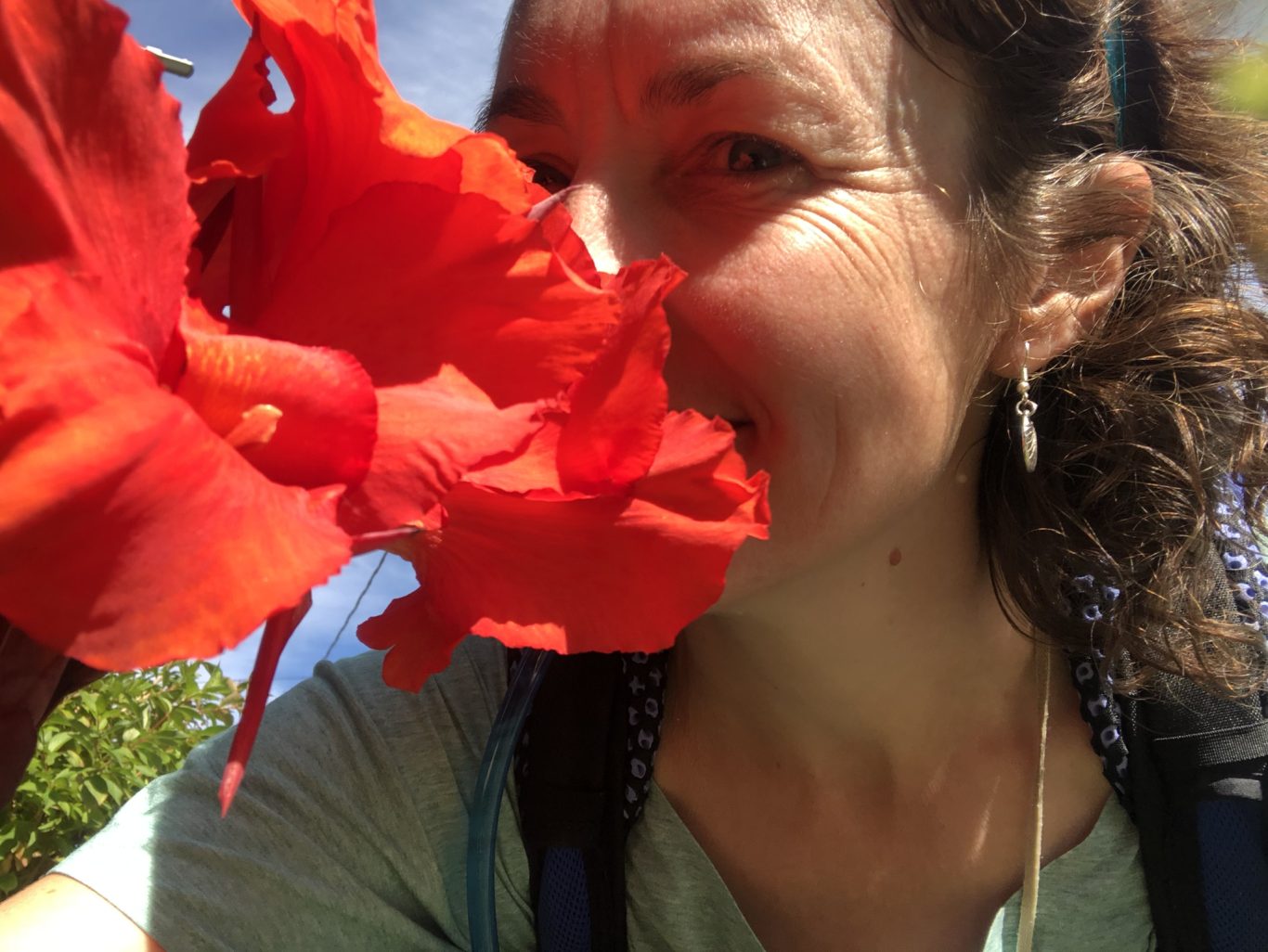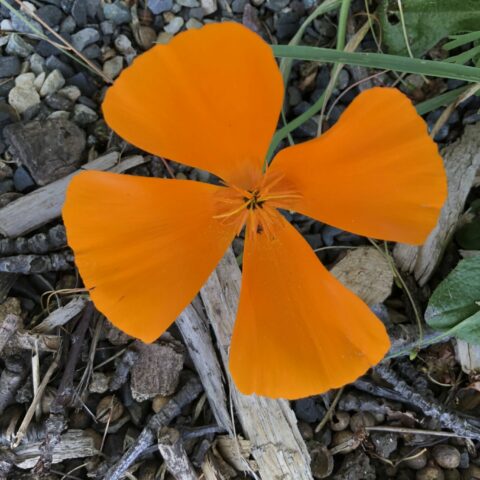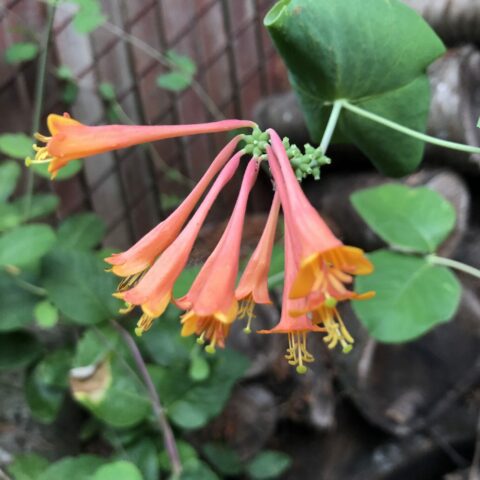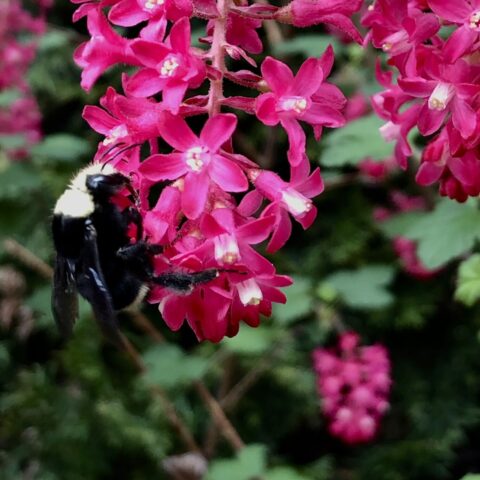A Balanced Approach to Nature
Water, soil, and climate pollution, as well as biodiversity loss are all symptoms of a toxic approach to nature. Shifting from a toxic worldview of human separation, supremacy and extraction toward an approach of connection, respect and reciprocity is a journey of awareness and healing.
“We need to shift away from a detached, exploitive relationship with nature toward one that is close, protective, and regenerative.” -Dr. Suzanne Simard, Finding the Mother Tree
Exploring the ways that each of us approach nature is a very personal as well as global journey. It is complex, overwhelming, painful and utterly joyful at the same time. Recognizing the strands that keep us feeling like we are apart from nature, and weaving ways to connect as a part of nature is an ongoing, process. An approach of separation began before anyone today was born, and yet we are now responsible for the future of generations to come.
Explore different ways of reading nature that value both head and heart, science and art for a balanced approach to nature. “I think one of the big problems with science that has led to an awful lot of unintentional cruelty is this division between head and heart. And the perception that a good scientist must be totally objective and that emotion mustn’t come into it, to me that’s very wrong. To me, only when head and heart work in harmony can we achieve our true human potential.” – Dr. Jane Goodall in Opening a Dialogue, MasterClass
| Heart Feeling Art Relationships between Nonlinear Part of nature (subjective) | Head Thinking Western science Discrete, separate objects Linear Apart from nature (objective) |
Meet Rae Pecore-Valdez, she/her

Ecologist, Educator, Storyteller & TRE® Provider
- Garden Habitat Ecologist
- Wildlife Tracker (Track & Sign II Certificate)
- Certified TRE® Provider
- Nature Connection Mentor
As an ecologist, I work in the Northwest with native plants and trees for bird and pollinator habitat. To date, I’ve walked through nearly 1,000 urban and suburban yards advising homeowners, renters and community groups on ways they can support nature. Trees and understory plants are the roots of habitat restoration, they support food, shelter and water for everybody else.
Ultimately, habitat restoration is also about healing human disconnection from the land and waters. Like many people in the US, my ancestors were immigrants. They left the Carpathian Mountains, Viking Plains and Celtic Islands to become settler-colonizers in a country not their own. Even 3-4 generations later, a sense of displacement or rootlessness remains. I couldn’t name it for years, but it’s a sense of ‘having no feeling of belonging to a particular place.’ Connecting to a place and growing roots is a journey of healing.
Over the years, I’ve had the privilege to study and experience elements of deep nature connection at Two River’s Farm, Tom Brown Jr’s Tracker School, Wilderness Awareness School, Schumacher College, School of Storytelling and more recently Hearth Science. The act of restoring habitat and getting to really know the trees, plants, birds and stories of a place, even in your backyard, opens the door to a profound connection to land and to your self.



